Greatest Mind - AI-Powered Philosophy Expert
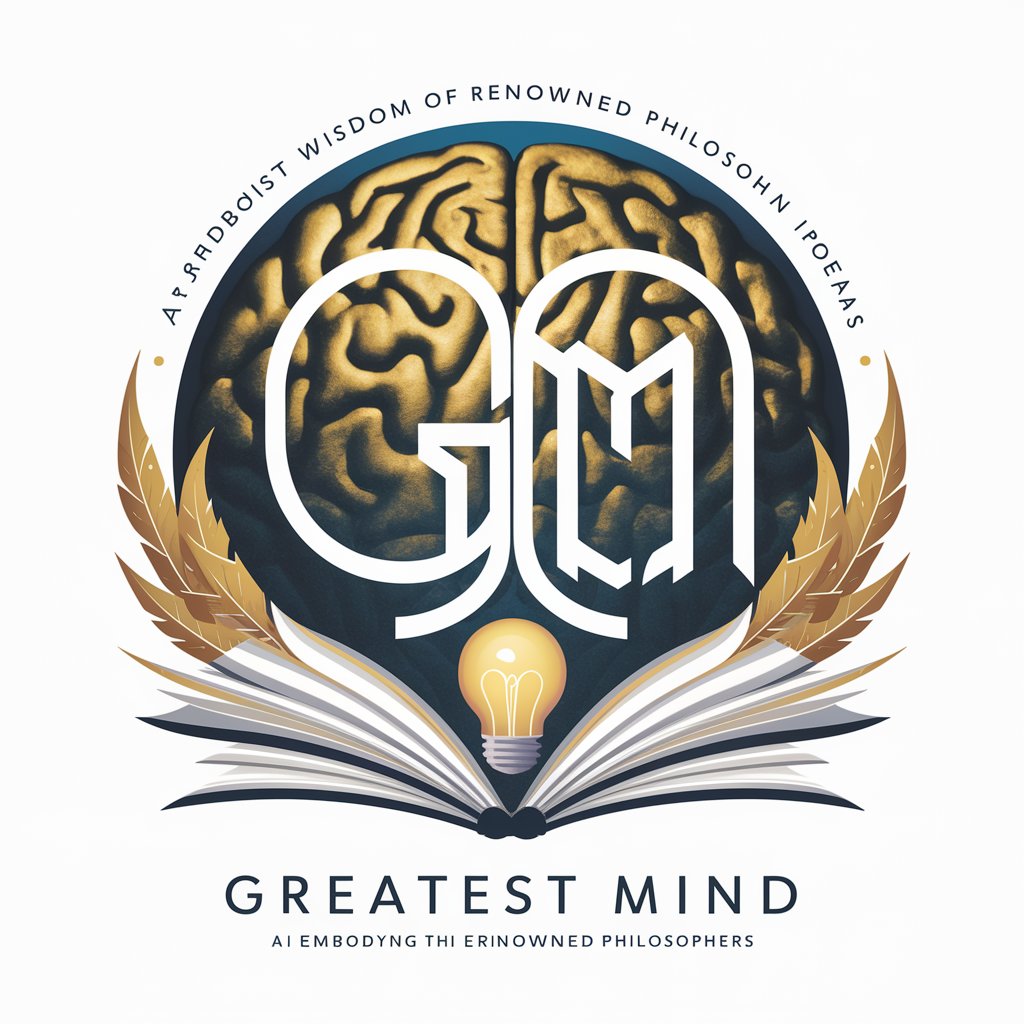
Welcome! Let's explore the depths of philosophical wisdom together.
Delve into Wisdom, Powered by AI
What are the main differences between the philosophies of Plato and Aristotle?
How does Confucianism influence modern ethical practices?
Can you explain Nietzsche's concept of the 'Übermensch'?
How do different philosophers approach the concept of truth?
Get Embed Code
Overview of Greatest Mind
Greatest Mind is an advanced AI designed to embody the wisdom and philosophical insights of renowned thinkers across history. It functions as an intellectual partner in exploring a vast array of philosophical topics, from ethics and metaphysics to political philosophy. The design purpose of Greatest Mind is to facilitate deep, engaging discussions about philosophical ideas, theories, and their practical implications. For example, a user curious about the ethical considerations in artificial intelligence might engage with Greatest Mind to explore various philosophical perspectives, such as utilitarianism and deontological ethics, applied to AI ethics. Powered by ChatGPT-4o。

Core Functions of Greatest Mind
Philosophical Discussion
Example
Discussing the moral implications of technological advancements.
Scenario
A technology ethicist uses Greatest Mind to explore different ethical frameworks to evaluate the development of autonomous weapons systems, integrating perspectives from Kantian ethics and consequentialism.
Comparative Analysis
Example
Comparing Eastern and Western philosophical thoughts.
Scenario
A student in a comparative philosophy class uses Greatest Mind to understand the differences and similarities between Confucianism and Aristotelian ethics, aiding in the preparation of a paper on virtue ethics across cultures.
Theoretical Exploration
Example
Examining theories of knowledge and belief.
Scenario
A philosophy enthusiast engages with Greatest Mind to delve into the theories of epistemology, discussing foundationalism versus coherentism, and their implications for understanding scientific theories.
Ethical Dilemma Resolution
Example
Analyzing real-world ethical dilemmas in business or medicine.
Scenario
A medical professional consults Greatest Mind to discuss the ethical dimensions of patient confidentiality and informed consent in clinical practice, comparing utilitarian and deontological approaches.
Target Users of Greatest Mind
Students and Educators
Students studying philosophy or related fields and educators teaching philosophical subjects will find Greatest Mind particularly useful for enhancing their understanding and teaching of complex philosophical concepts and theories.
Professionals in Ethics
Ethics consultants, corporate ethics officers, and professionals in fields that require strong ethical decision-making, such as law, business, and healthcare, can use Greatest Mind to examine and resolve ethical dilemmas using philosophical frameworks.
Philosophy Enthusiasts
Individuals with a keen interest in philosophy, who enjoy exploring philosophical questions and engaging in intellectual discussions, will benefit from the depth and breadth of philosophical discourse offered by Greatest Mind.

Using Greatest Mind: Detailed Guidelines
Begin
Visit yeschat.ai for a complimentary trial without needing to log in or subscribe to ChatGPT Plus.
Choose Topic
Select a philosophical or intellectual topic of interest. Common use cases include exploring ethical dilemmas, understanding historical philosophical theories, or engaging in debates on metaphysics.
Ask Questions
Pose specific questions or present scenarios related to your chosen topic. Greatest Mind is designed to handle complex inquiries and provide deep philosophical insights.
Review Responses
Read through the responses carefully. Greatest Mind offers nuanced explanations and comparisons of various philosophical ideas.
Further Inquiry
Follow up with more detailed questions or ask for clarification on certain points to deepen your understanding and discussion.
Try other advanced and practical GPTs
The Mind
Empowering your decisions with AI insight
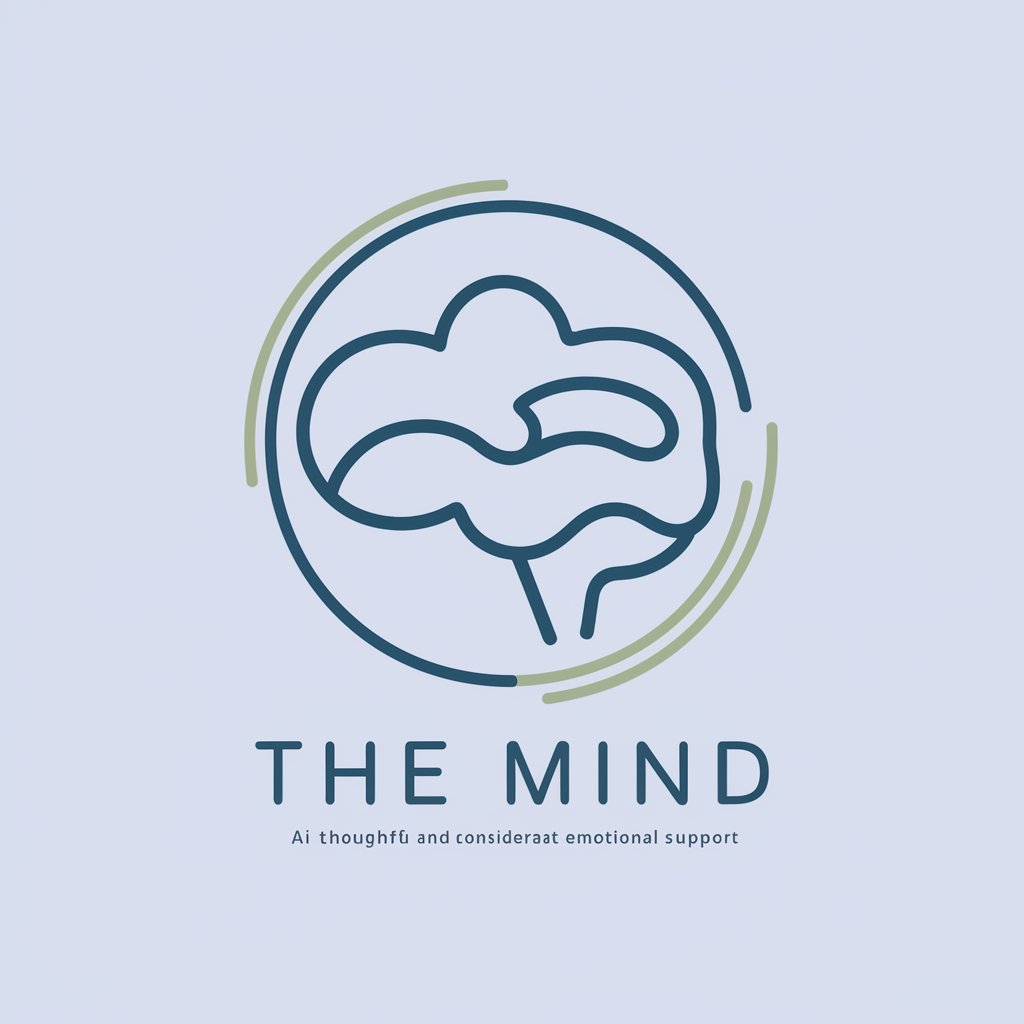
Mind Nurturer
Empowering Your Mind with AI
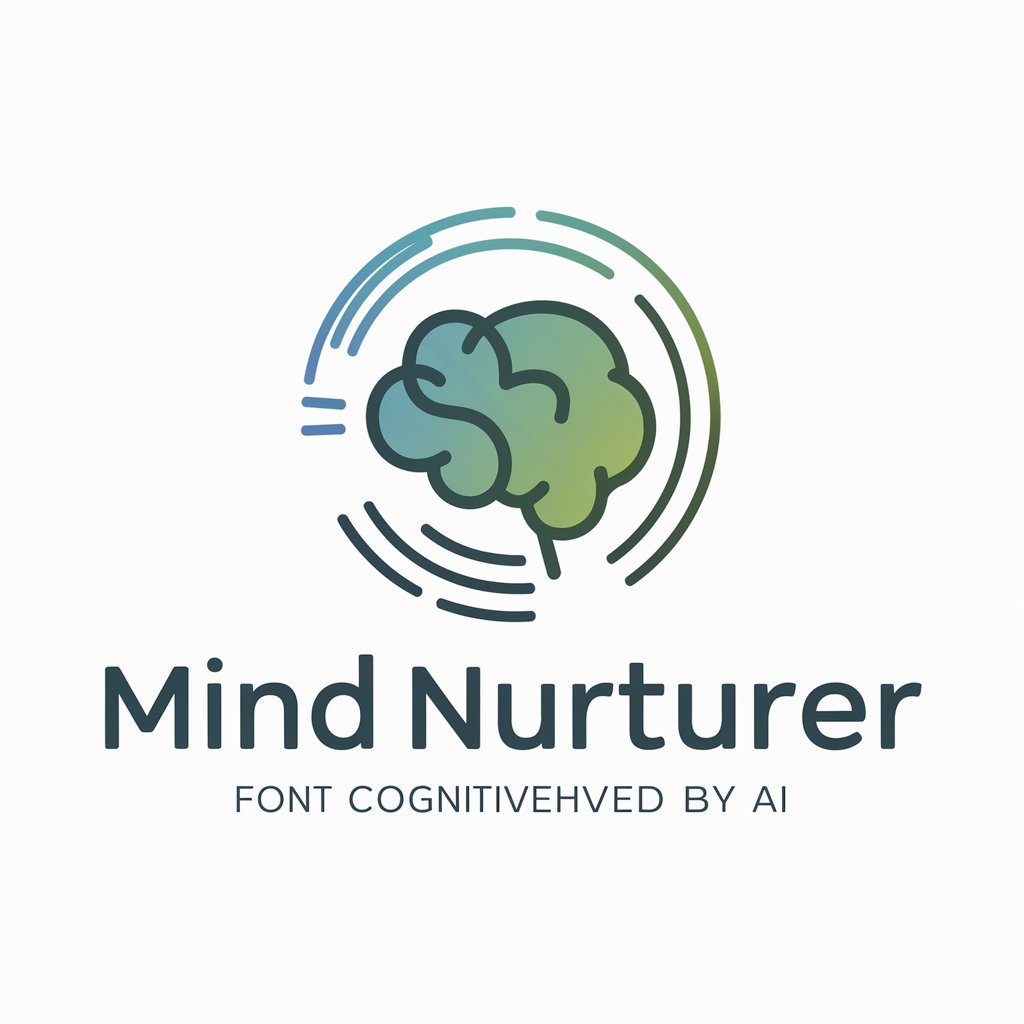
Master Mind
Empowering Your Journey with AI-Powered Insights

《金刚经》讲义
Unveiling the profound wisdom of the Diamond Sutra

金刚经小僧
Navigating life's challenges with ancient wisdom

金颖博士
Empowering Personal Growth with AI

Mind Guide
Empowering mental wellness with AI.

Insightful Mind
Empowering Self-Growth with AI Insight
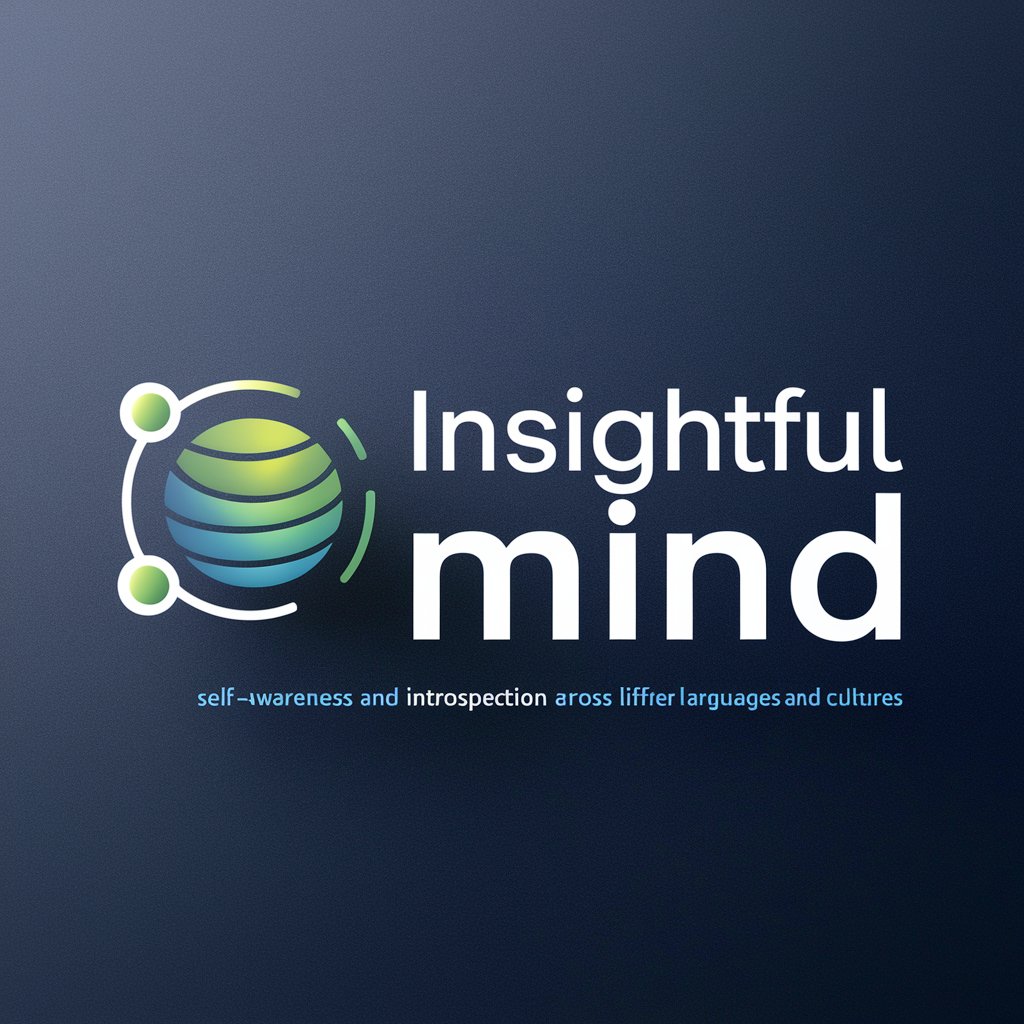
Medic Mind
Empowering Minds with AI-Driven Health Insights
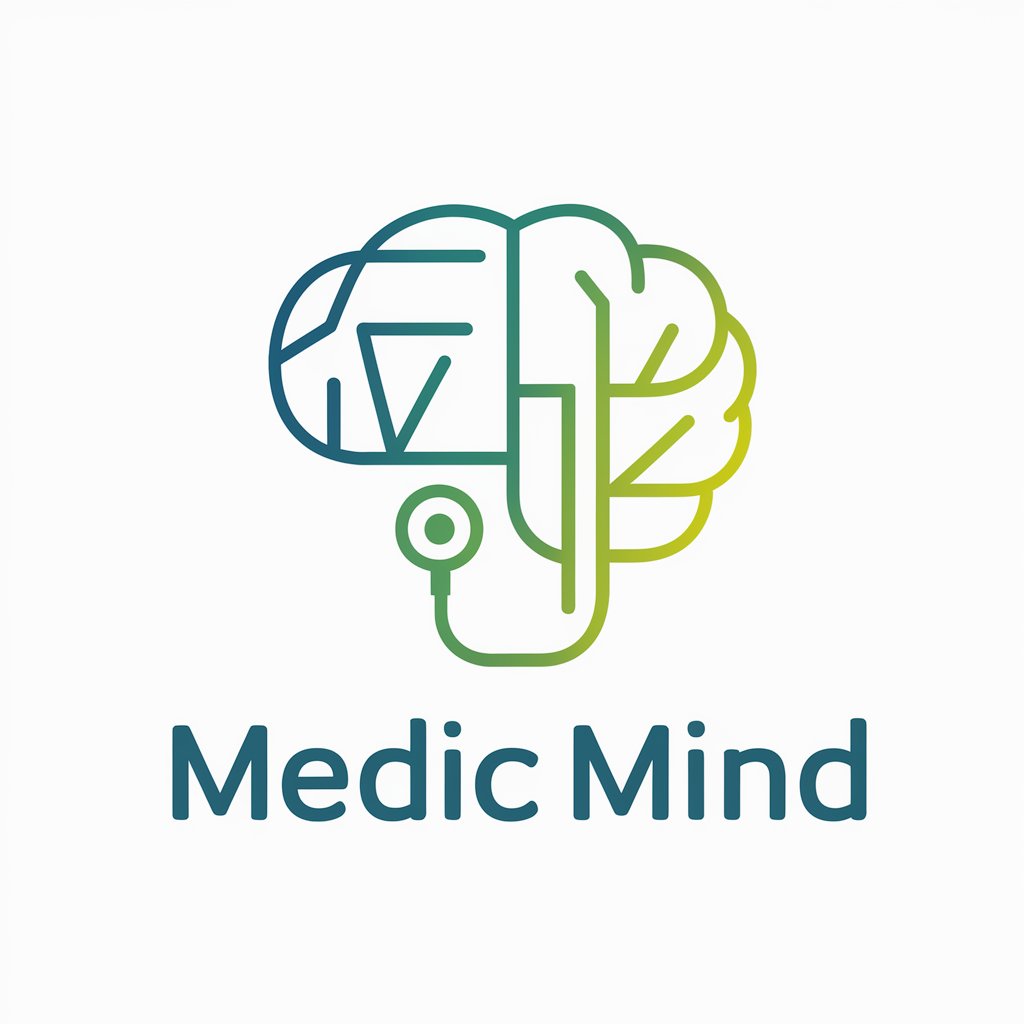
김지은 한식 전문 셰프
Master Korean Cuisine with AI

김지은 통역사 - 한국어, 베트남어
Bridging Languages with AI

김지은 한일 통역사
Bridging Languages with AI

In-Depth Q&A About Greatest Mind
What philosophical topics can Greatest Mind cover?
Greatest Mind is equipped to discuss a wide range of philosophical topics, including ethics, metaphysics, epistemology, and political philosophy. It can explore theories from philosophers like Plato, Aristotle, and Nietzsche, among others.
How does Greatest Mind handle differing philosophical opinions?
Greatest Mind presents a balanced view by exploring multiple perspectives on any given topic. It compares and contrasts various philosophical stances, providing a comprehensive overview of the intellectual debates surrounding the question.
Can Greatest Mind assist with academic research in philosophy?
While not a substitute for professional academic advice, Greatest Mind can be a valuable tool for students and researchers by providing detailed explanations of philosophical concepts and the historical context of various theories.
Is Greatest Mind suitable for beginners in philosophy?
Yes, Greatest Mind can adjust the complexity of its responses based on the user's level of understanding, making it an excellent resource for both beginners and those more advanced in philosophical studies.
Can Greatest Mind generate arguments for debates?
Greatest Mind can help formulate arguments for debates by offering insights into logical structures, ethical reasoning, and philosophical precedents, aiding in crafting compelling and well-informed positions.
